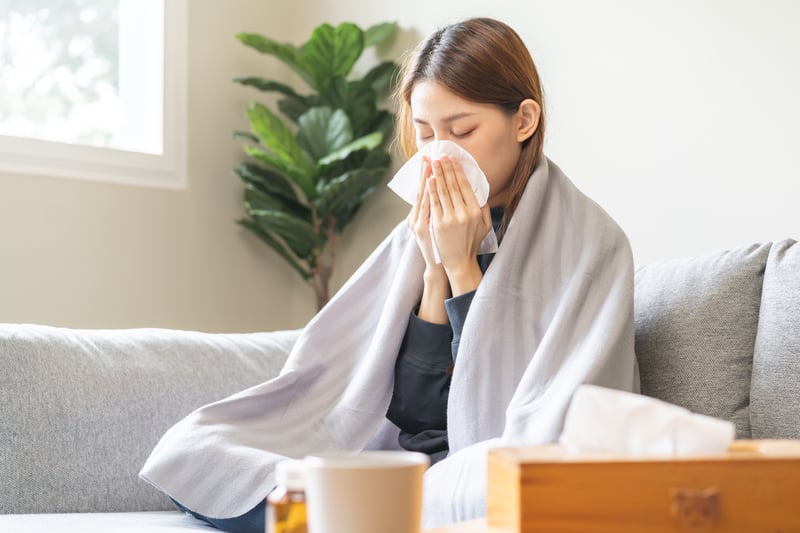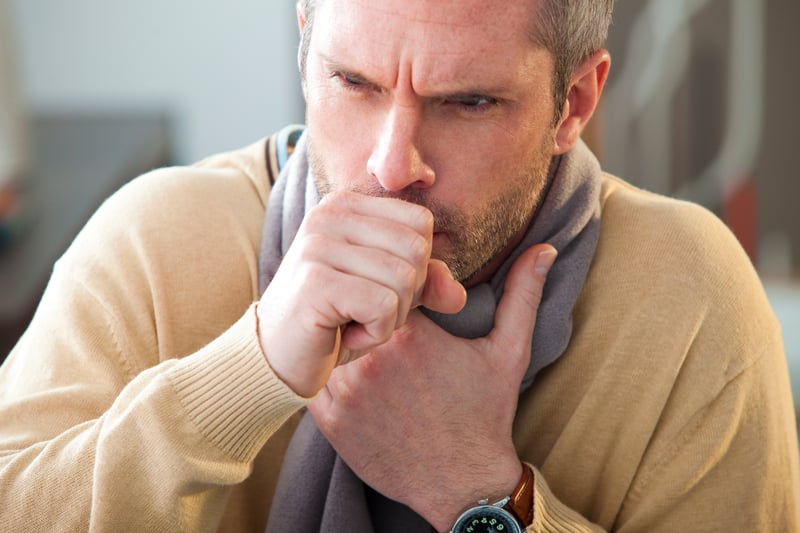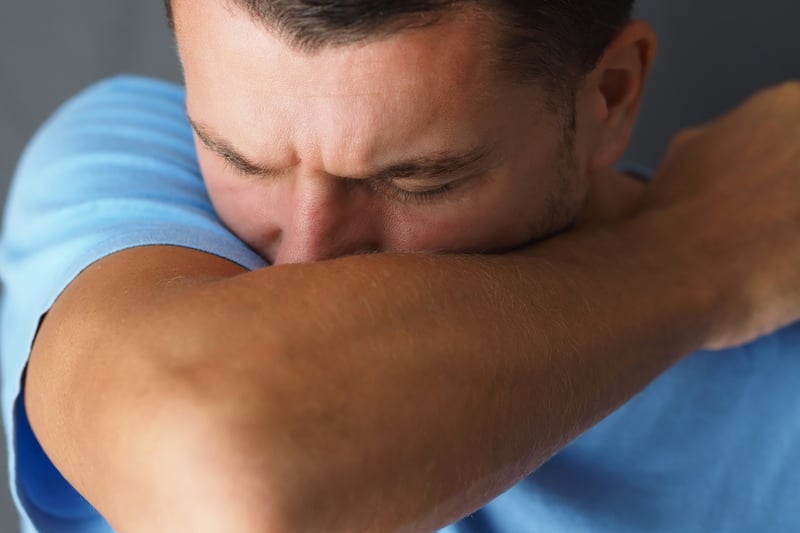Covid cases are continuing to rise in England and Wales, sparking fears of a new wave of infections.
Some 1.1 million people in the UK have tested positive for coronavirus in the latest survey, covering the seven days to 17 September in England and the week to 20 September in the other three nations.
This marks a 14% rise from 927,900 in the previous survey, which covered the week to 13/14 September.
It is the first time the UK-wide total has been above one million since late August, bringing an end to a steady fall in UK-wide infections since early July, when the total hit 3.8 million at the peak of the Omicron BA.4 and BA.5 wave.
Sarah Crofts, ONS deputy director for the Covid-19 infection survey, said it is “too early to identify whether this is the start of a new wave”, but Professor Tim Spector, co-founder of the Zoe Health Study, said on Thursday it is “clear we’re now seeing an autumn wave of Covid-19, combined with increases in hospital admissions”.
Professor Spector, lead scientist on the ZOE Covid study, explained in a recent update on YouTube that one in 37 people now have the virus and the R number up at 1.1. An R number of one means that on average every person who is infected will infect one other person.
He added that infections among all age groups are now “creeping up”, particularly among the over 75s.
Prof Spector warned of a potential new Covid variant, named BQ1.1, which virologists are monitoring, but the BA.5 variant is currently still dominant.
As case numbers are rising across the UK, Prof Spector issued an update on the most common symptoms being logged on the ZOE Covid Study app. Listed are the top 10 symptoms of Covid to be aware of right now.
This marks a 14% rise from 927,900 in the previous survey, which covered the week to 13/14 September.

5. Runny nose
Reported by 51% of users on the ZOE Covid app, a runny nose is one of the key signs of Omicron infection. It could also be a sign of a cold or flu, but if you feel unwell it is worth taking a test or self-isolating until you feel better.

6. Cough (with phlegm)
Reported by 47% of ZOE Covid app users, a cough with phlegm is likely to be a sign of Covid infection, although it could be caused by a cold or flu. The NHS recommends staying at home and avoiding contact with other people if you experience symptoms of Covid.

7. Sneezing
A total of 44% of people infected with Covid have reported sneezing as a symptom on the ZOE Covid app, although it tends to be more common among people who have been vaccinated and then tested positive for the virus.

8. Hoarse voice
People infected with Omicron have reported developing a hoarse or croaky voice before starting to feel unwell. Studies have found there is a connection between Covid and vocal cord mobility, with the infection increasing the risk of vocal cord paralysis due to peripheral nerve damage. This is often an early sign of infection and will usually give way to a sore throat.


